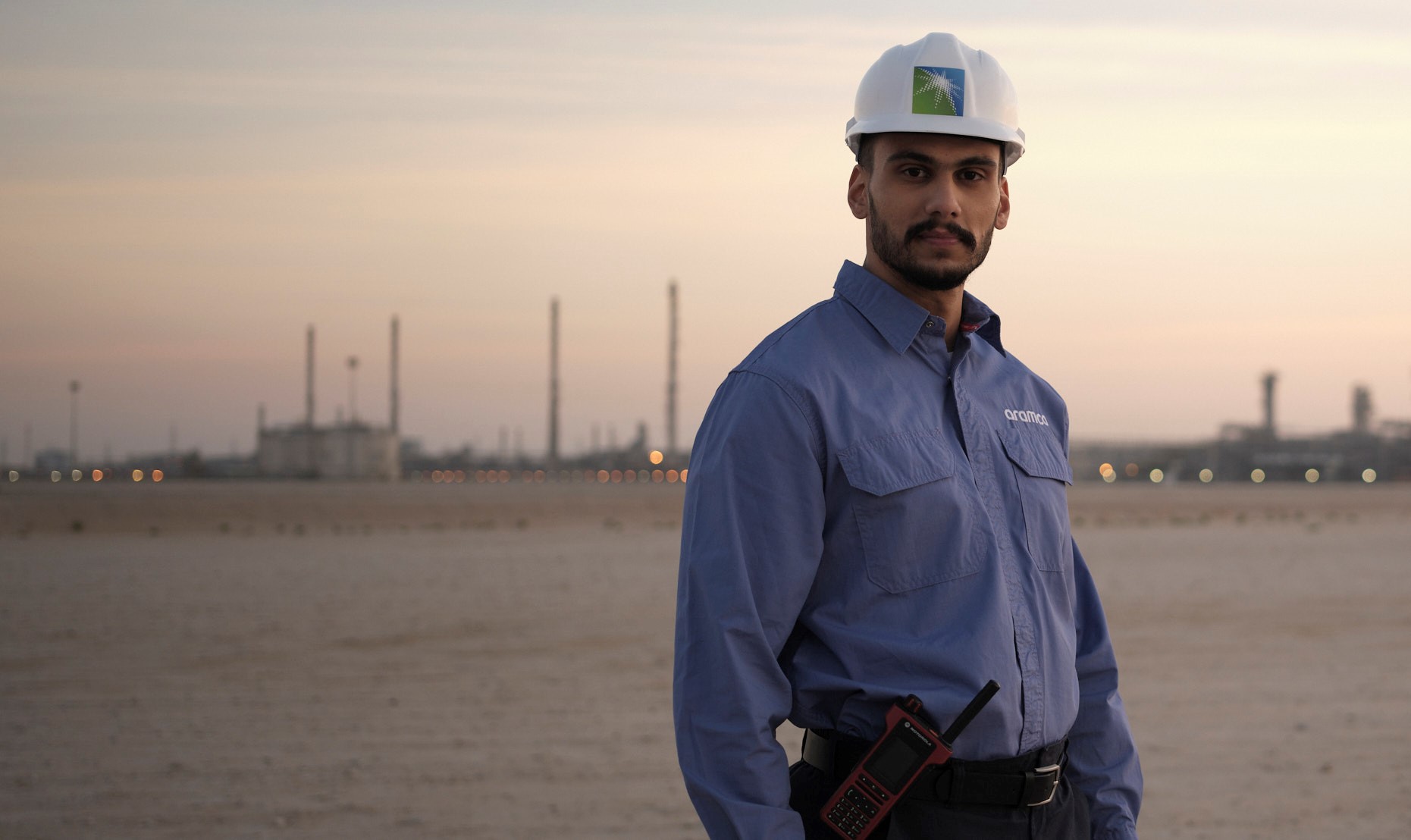
POWERED BY HOW
We’re advancing carbon capture technology to help reduce global emissions
Aramco is an energy and chemicals company with oil and gas production as its primary business. The technologies mentioned here are still in development.
The world is at a crossroads.
Every year, energy drives economic growth that lifts millions of people out of poverty1 and improves the quality of life for billions across the globe. And yet, half of the world still live on less than $7 per day.2 Over 80% of the planet live in developing countries, whose emerging economies are striving toward the kind of prosperity the industrialized world enjoys every day.3
The growth needs to continue because everyone deserves opportunities for a better life. But the growth that improves lives might also strain our planet, prompting the central challenge of our time: How can we balance the needs of people with the needs of the planet?
We believe in the power of innovation to solve humanity’s biggest challenges – and advance a realistic, stable, and inclusive energy transition.
That’s why we invest in technologies such as carbon capture and storage (CCS), which may be vital in lowering emissions in hard-to-abate industries, from oil and gas to chemicals, steel, and cement.
We plan to be a player in the new markets for CCS solutions. The scale, concentration, and integration of our operations mean we’re well placed to develop, test, and deploy CCS at scale.
We recognize that time is of the essence. In 2022, we announced partnership plans to build one of the largest CCS hubs in the world at the Jubail industrial zone in Saudi Arabia.

We’re developing carbon capture at scale…
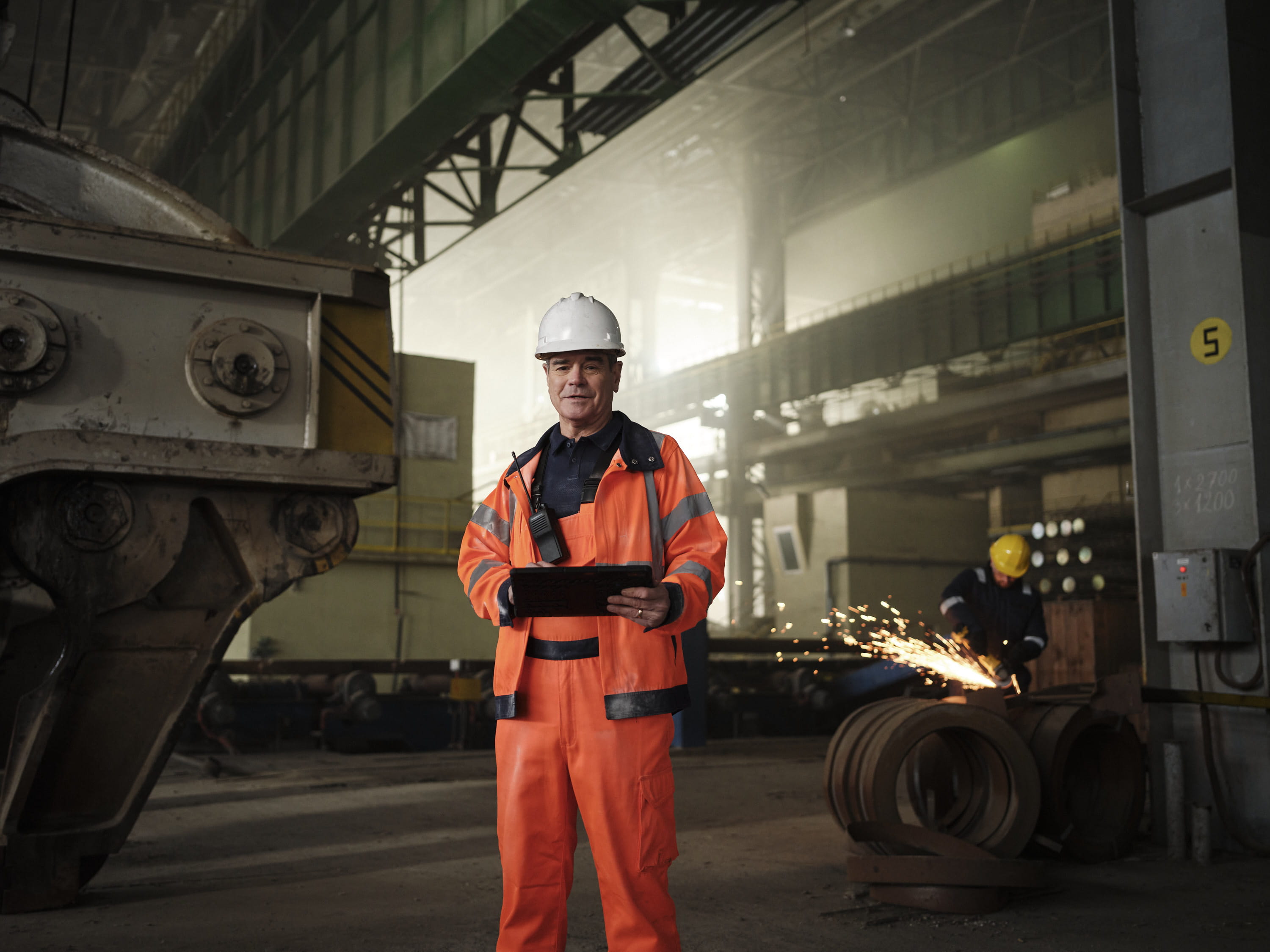
… to help accelerate a lower-carbon future
Delivering the promise of carbon capture
Reducing emissions
The process of capturing carbon dioxide (CO2) and storing it can be condensed into three stages: capture, transportation, and underground injection. Once discharged into rock formations, the CO2 is stored long-term.
In addition to storage, it is also possible to find beneficial uses for captured CO2 (carbon capture and utilization), such as in the production of plastics, fuels, and chemicals.
CCS technologies form a key part of Saudi Arabia’s strategy to realize its 2060 net-zero ambition. The Kingdom aims to capture 44 MMtpa of CO2 by 2035.4
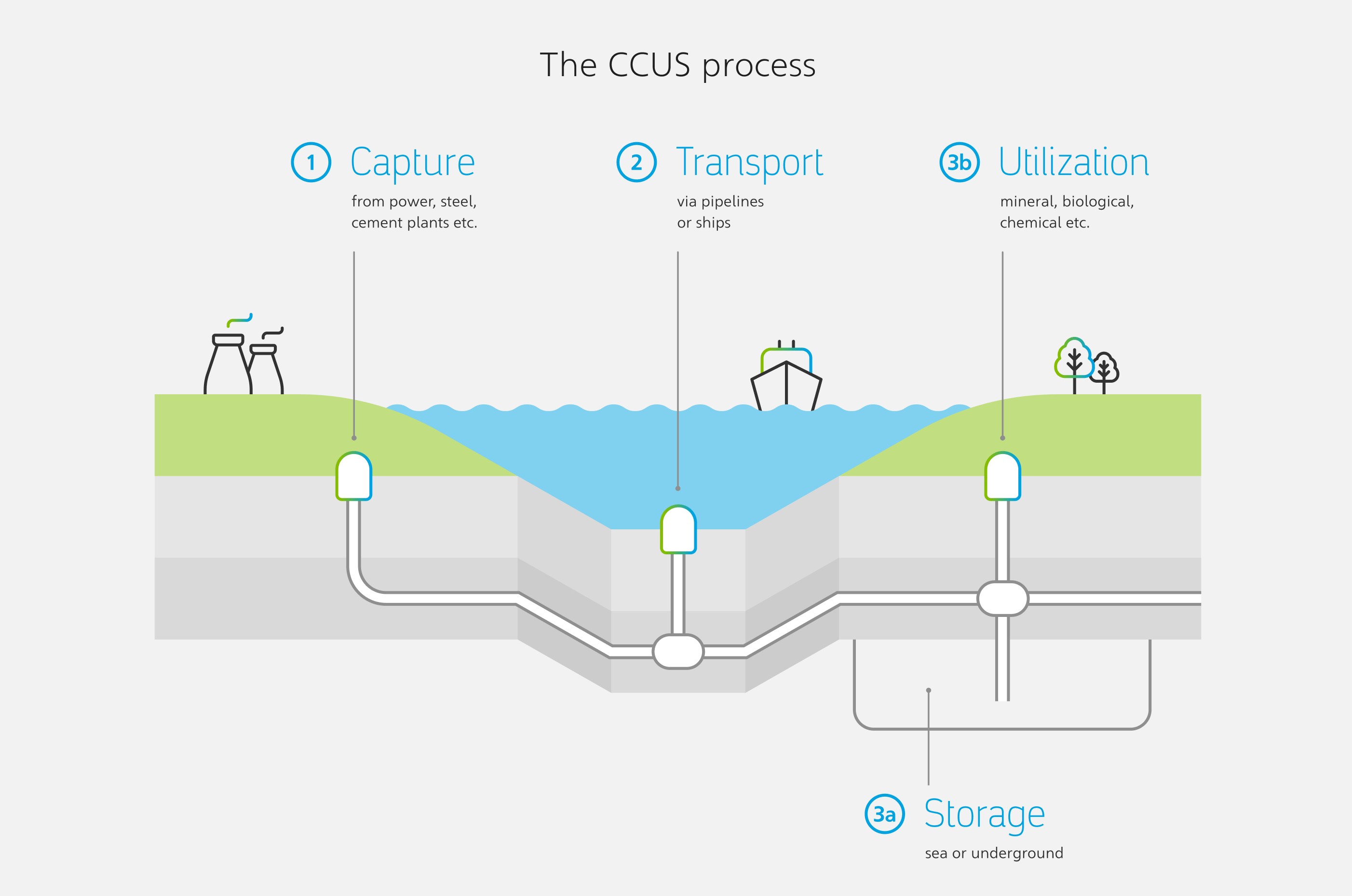
Powering CCS progress
The ability to expand global CCS and CCUS capacity is believed to be critical to global efforts to decarbonize. This process is well established, but infrastructure development costs remain a challenge.
To help overcome this barrier, governments are increasingly offering tax incentives and funding schemes. Over 100 new CCUS facilities worldwide were announced in 2021, with a further 31 projects announced in 2023. Newer projects boast more ambitious partnerships, shared transportation and storage infrastructure, and closer ties to hydrogen processes.
At Aramco, we have the advantage of CCS expertise and resources. Hubs such as the Jubail facility aim to help accelerate regional industry operational greenhouse gas emissions reduction efforts, while offering a model for global industries to help reduce the impact of delivering the energy and materials society needs.
This content is blocked
You need to give permission.
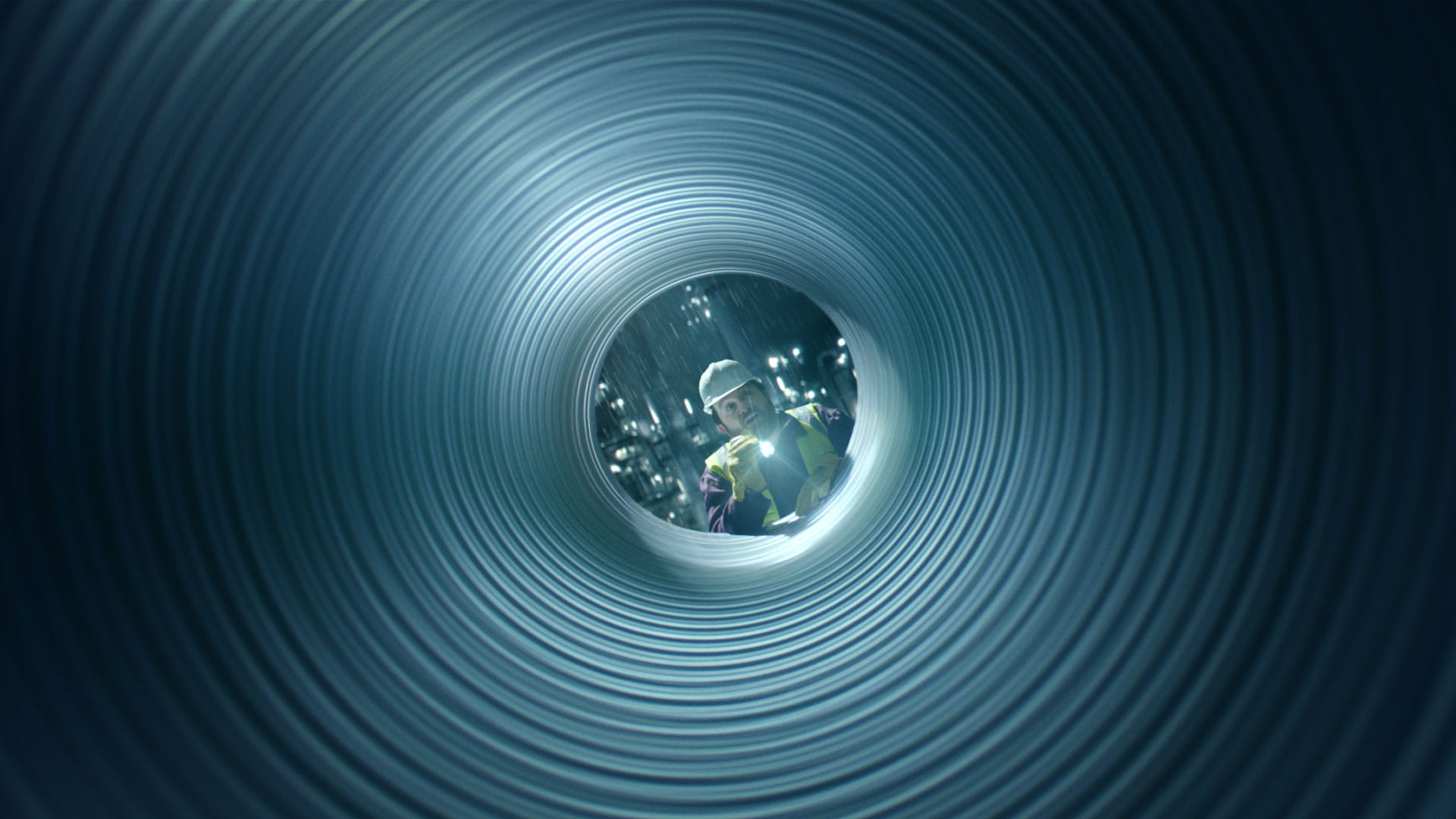
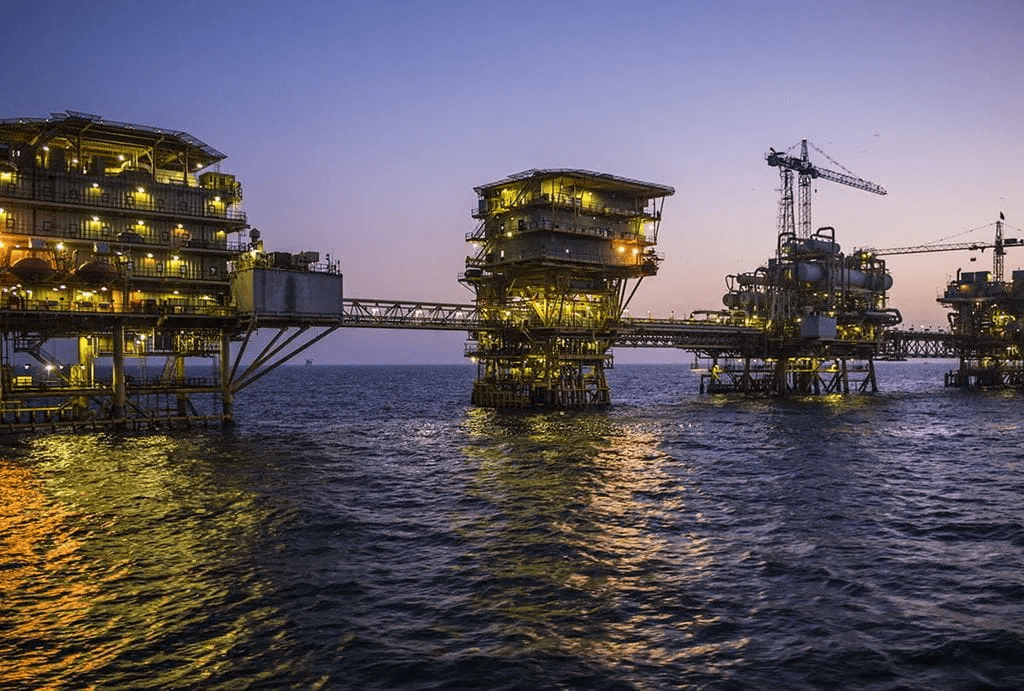
We aim to capture up to 11 million tons CO2 equivalent by 2035, with an ambition to achieve net-zero in Scope 1 and 2 emissions by 2050.
Key facts4
$41.5 million
2022 spend on CCS R&D
11 MMtpa
Jubail CCS target (by 2035)
44 MMtpa
KSA CCUS target (by 2035)
238 MtCO2
CCS at Hawiyah Natural Gas Plant 2022

Innovating ‘blue’ fuels
That’s one of the reasons Aramco is targeting production of up to 11 million tons per year of ‘blue’ ammonia by 2030. Capable of storing more energy in a smaller volume, blue ammonia is a more efficient way to carry hydrogen long-distance.
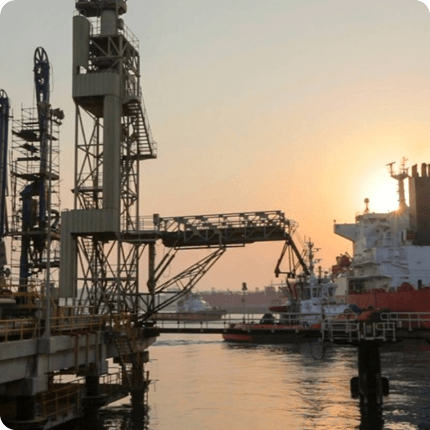
We have worked with partners to ship two independently certified low-carbon ammonia cargoes to South Korea and Japan, for use as fuel in hydrogen power generation.
We also aim to continue to scale blue hydrogen and blue ammonia via CCS, along with other lower-carbon technologies.
Environmental leadership
As one of the world's largest energy companies, we recognize our role when it comes to the energy transition. While setting ambitious targets for tomorrow, we must also deliver measurable improvements today.
During 2022, we made progress towards achieving our 2035 and 2050 ambitions across all five of our identified emissions-reduction levers, including energy efficiency and CCS.
We also captured around 238 MtCO2 using CCS at Hawiyah Natural Gas Plant, sequestering it in our Uthmaniyah oil-field reservoir, 85 km away. That means we’ve stored approximately 1,570 MtCO2 in the reservoir since 2015.
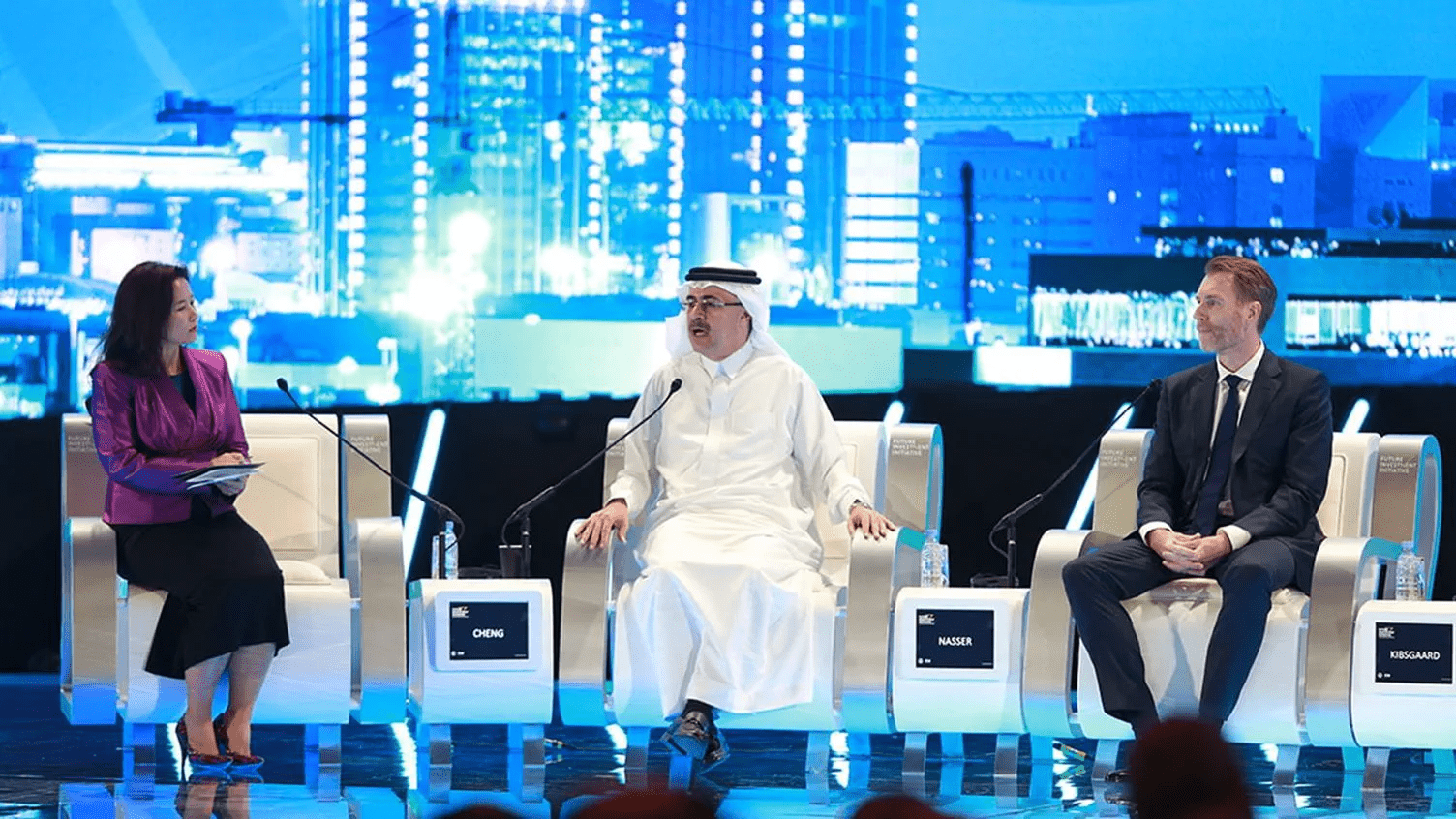
Our goal to rapidly scale CCS, supported by government incentives, is demonstrated by our 2022 Joint Agreement signed with SLB and Linde to develop the Jubail CCS hub.
Our vision aims to help support long-term economic development in the region, including creating high-quality jobs for professionals such as carbon capture engineers, environmental specialists, research scientists, and skilled technicians, while helping preserve existing industries whose future depends on reducing emissions.
Powered by how
Discover how one simple question – how? – powers everything we do.




